## Seres musicales (ES / EN)
21
About :
Seres musicales
Versión español
Hola Hivers,
¿Sabías que desde que estamos en el vientre podemos escuchar los sonidos? El profesor Erin Vargas, maestro de biodanza internacional, especialista en Aplicaciones educativo-musicales del Silencio y la Educación Músico-Afectiva, nos explicó en una entrevista que nuestra primera música son los sonidos del líquido amniótico y el pulsar del corazón de mamá. Aunque no lo recordamos, está ahí presente y por eso “somos seres musicales desde que nacemos”, expresó durante la entrevista que te comparto en el siguiente video.
La música es importante en el ser humano. Desde los 6 meses de edad podemos percibir los sonidos, incluso que puedan sonreír ante ellos. Pueden percibir tu voz y la suya, y responder a estos estímulos. La música es un como un órgano de nuestro cuerpo: “es como la piel”, dijo el profesor, quien es Licenciado en Composición Musical egresado de la Universidad de Missouri en Kansas City. La música está presente en la vida cotidiana de las personas e impacta en las capacidades cognitivas desde que nacemos, en nuestro bienestar, en las relaciones entre individuos, en la imaginación y el conocimiento.
La música abarca diversas actividades del desarrollo humano como la aritmética, el lenguaje y la percepción espacial. “Es un idioma universal”, explicó Vargas durante la entrevista. Es muy probable que empezáramos a cantar antes de hablar, produciendo pequeños sonidos monosílabos para llamar la atención. ¿Lo recuerdas? Por supuesto, está ligada al aprendizaje, además:
• Nos vuelve creativos, porque estimula nuestra mente e imaginación.
• Contribuye a desarrollar la capacidad de memorización de las personas.
• Cambia los estados de ánimo, humor y libera tensiones.
• Desarrolla las habilidades lingüísticas de los niños desde temprana edad.
• Facilita las relaciones entre individuos.
En el evento Sonidos de Bienestar organizado por la comunidad de Holos & Lotus, aprendimos que tiene una gran influencia en nuestro bienestar porque induce a la relajación o al sueño, pero también a mantener tu cuerpo activo, resistente y con mucha energía; reduce el estrés, tiene un rol en la medicina a través de la musicoterapia que se ha aplicado en pacientes con cáncer, accidentes cerebrovasculares, trastornos del sueño y demencia; ayuda a la concentración y la productividad y en resumen conduce a una vida sana.
¿Qué es la música de bienestar? Resulta que diferentes investigaciones realizadas en Universidades y Academias de Arte en el mundo han determinado que la música tiene efectos neurológicos específicos para reducir el estrés, facilitar el sueño y controlar el dolor sin medicamentos.
Han denominado a este movimiento Medicina Musical, que básicamente consiste en darle al organismo “vitaminas sónicas” con canciones que te hacen sentir más tranquilo y contento. Incluso varias aplicaciones para la meditación y el yoga usan esta nueva metodología. A través de la inteligencia artificial estos investigadores han desarrollado algunos géneros basados en sonidos ambientales, relajados, clásicos, dowtiempo y curativos para ser usados en diferentes terapias y tratamientos médicos. ¿Qué te parece?
¿Qué tipo de música usas para trabajar? ¿O estudiar? ¿Para dormir? ¿Para ir en el auto? Te leo en los comentarios… A mí me gusta cantar; por eso suelo escuchar música pop español, me sé casi todas las letras; ahora, para dormir, con el sonido del mar me basta.
Musical beings
English version
*Versión en inglés traducida con DeepL / English version translated with DeepL
*Banners elaborado en Adobe Photoshop / Banner made in Adobe Photoshop.
*Tomas realizadas con mi celular Nokia 2.3 / Shots taken with my Nokia 2.3 cell phone.
*Video editado en capcut.com / Video edited at capcut.com
*100% contenido original / 100% original content.
Tags :
Their limit for today is $0!




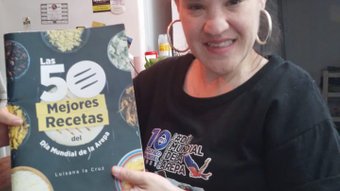
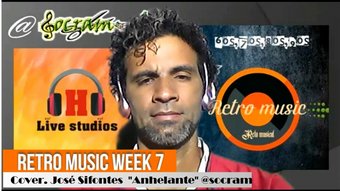









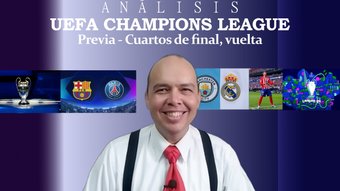

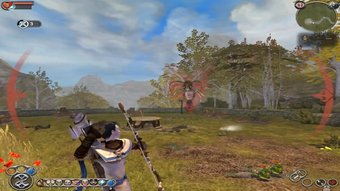
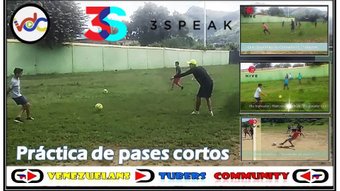


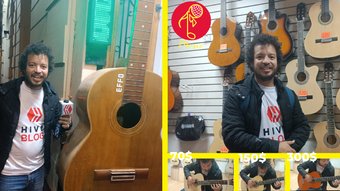
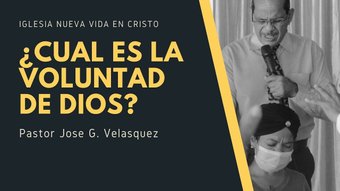

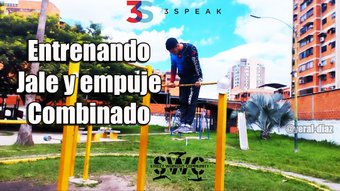
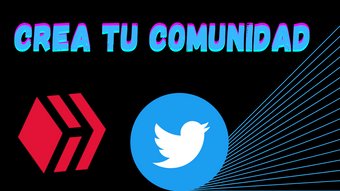


Comments:
Reply:
To comment on this video please connect a HIVE account to your profile: Connect HIVE Account